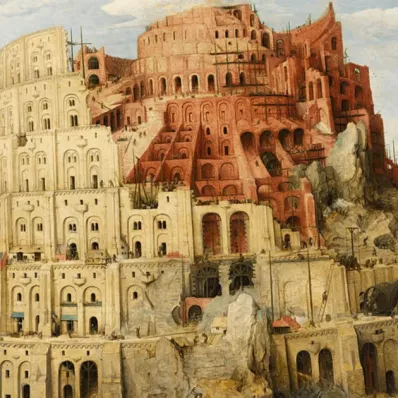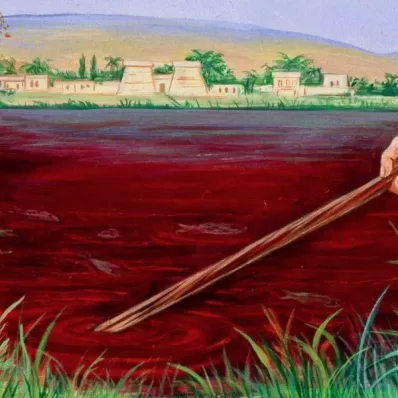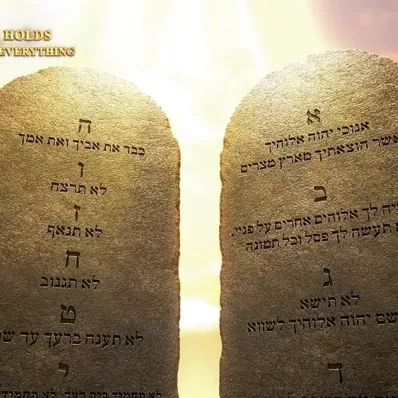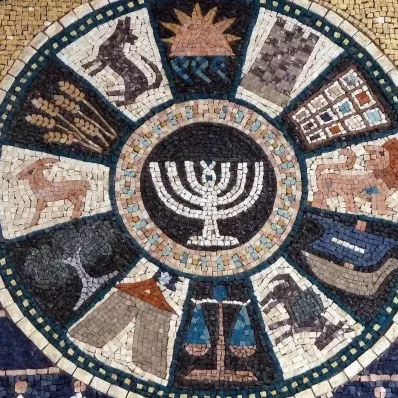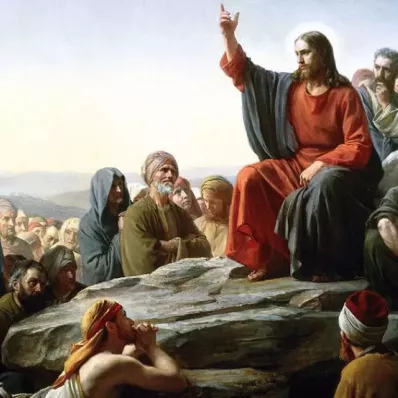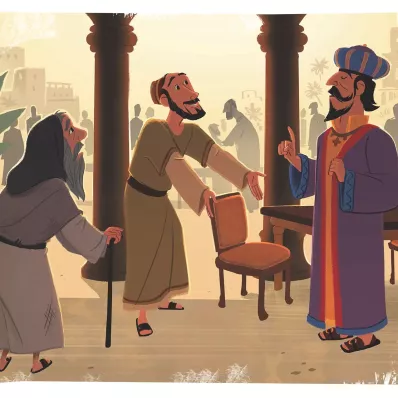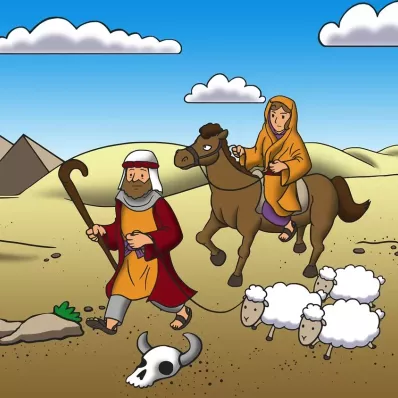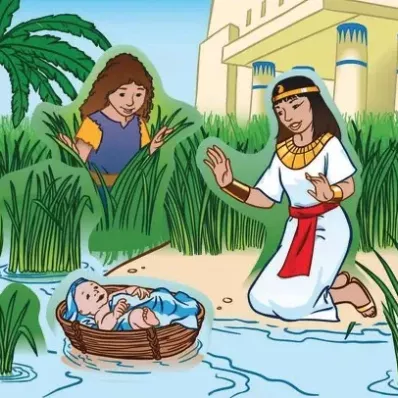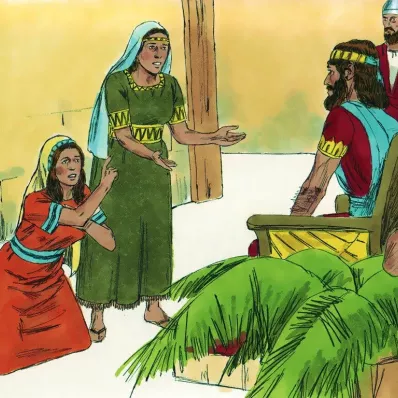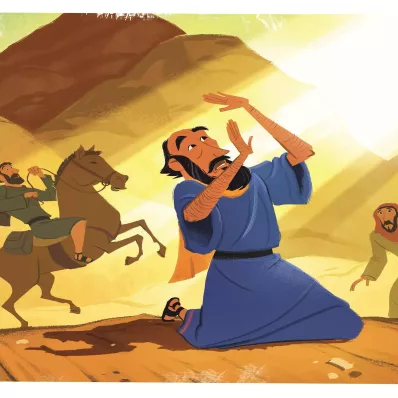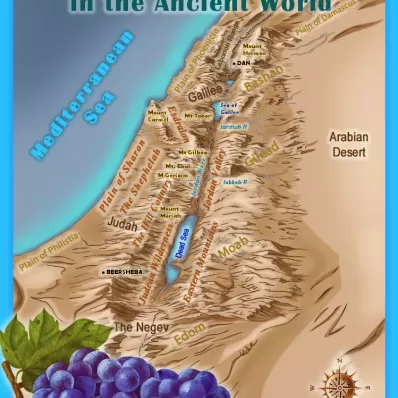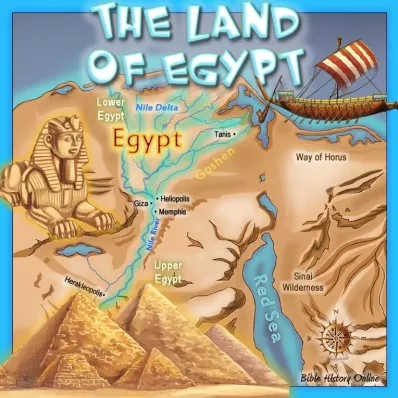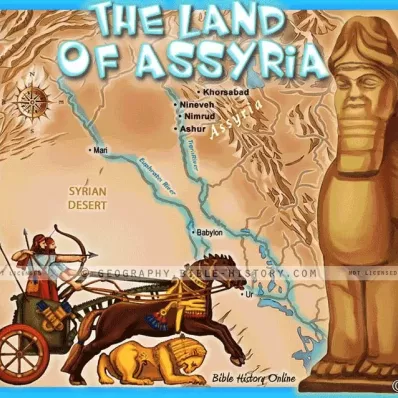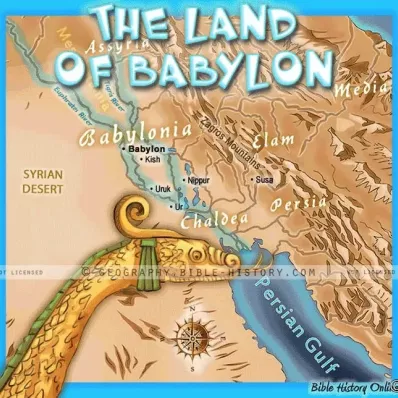Captivity
(1.) Of Israel. The kingdom of the ten tribes was successively
invaded by several Assyrian kings. Pul (q.v.) imposed a tribute
on Menahem of a thousand talents of silver (2 Kings 15:19, 20; 1
Chr. 5:26) (B.C. 762), and Tiglath-pileser, in the days of Pekah
(B.C. 738), carried away the trans-Jordanic tribes and the
inhabitants of Galilee into Assyria (2 Kings 15:29; Isa. 9:1).
Subsequently Shalmaneser invaded Israel and laid siege to
Samaria, the capital of the kingdom. During the siege he died,
and was succeeded by Sargon, who took the city, and transported
the great mass of the people into Assyria (B.C. 721), placing
them in Halah and in Habor, and in the cities of the Medes (2
Kings 17:3, 5). Samaria was never again inhabited by the
Israelites. The families thus removed were carried to distant
cities, many of them not far from the Caspian Sea, and their
place was supplied by colonists from Babylon and Cuthah, etc. (2
Kings 17:24). Thus terminated the kingdom of the ten tribes,
after a separate duration of two hundred and fifty-five years
(B.C. 975-721).
Many speculations have been indulged in with reference to
these ten tribes. But we believe that all, except the number
that probably allied themselves with Judah and shared in their
restoration under Cyrus, are finally lost.
"Like the dew on the mountain, Like the
foam on the river,
Like the bubble on the fountain,
They are gone, and for ever."
(2.) Of Judah. In the third year of Jehoiachim, the eighteenth
king of Judah (B.C. 605), Nebuchadnezzar having overcome the
Egyptians at Carchemish, advanced to Jerusalem with a great
army. After a brief siege he took that city, and carried away
the vessels of the sanctuary to Babylon, and dedicated them in
the Temple of Belus (2 Kings 24:1; 2 Chr. 36:6, 7; Dan. 1:1, 2).
He also carried away the treasures of the king, whom he made his
vassal. At this time, from which is dated the "seventy years" of
captivity (Jer. 25; Dan. 9:1, 2), Daniel and his companions were
carried to Babylon, there to be brought up at the court and
trained in all the learning of the Chaldeans. After this, in the
fifth year of Jehoiakim, a great national fast was appointed
(Jer. 36:9), during which the king, to show his defiance, cut up
the leaves of the book of Jeremiah's prophecies as they were
read to him in his winter palace, and threw them into the fire.
In the same spirit he rebelled against Nebuchadnezzar (2 Kings
24:1), who again a second time (B.C. 598) marched against
Jerusalem, and put Jehoiachim to death, placing his son
Jehoiachin on the throne in his stead. But Jehoiachin's
counsellors displeasing Nebuchadnezzar, he again a third time
turned his army against Jerusalem, and carried away to Babylon a
second detachment of Jews as captives, to the number of 10,000
(2 Kings 24:13; Jer. 24:1; 2 Chr. 36:10), among whom were the
king, with his mother and all his princes and officers, also
Ezekiel, who with many of his companions were settled on the
banks of the river Chebar (q.v.). He also carried away all the
remaining treasures of the temple and the palace, and the golden
vessels of the sanctuary.
Mattaniah, the uncle of Jehoiachin, was now made king over
what remained of the kingdom of Judah, under the name of
Zedekiah (2 Kings 24:17; 2 Chr. 36:10). After a troubled reign
of eleven years his kingdom came to an end (2 Chr. 36:11).
Nebuchadnezzar, with a powerful army, besieged Jerusalem, and
Zedekiah became a prisoner in Babylon. His eyes were put out,
and he was kept in close confinement till his death (2 Kings
25:7). The city was spoiled of all that was of value, and then
given up to the flames. The temple and palaces were consumed,
and the walls of the city were levelled with the ground (B.C.
586), and all that remained of the people, except a number of
the poorest class who were left to till the ground and dress the
vineyards, were carried away captives to Babylon. This was the
third and last deportation of Jewish captives. The land was now
utterly desolate, and was abondoned to anarchy.
In the first year of his reign as king of Babylon (B.C. 536),
Cyrus issued a decree liberating the Jewish captives, and
permitting them to return to Jerusalem and rebuild the city and
the temple (2 Chr. 36:22, 23; Ezra 1; 2). The number of the
people forming the first caravan, under Zerubbabel, amounted in
all to 42,360 (Ezra 2:64, 65), besides 7,337 men-servants and
maid-servants. A considerable number, 12,000 probably, from the
ten tribes who had been carried away into Assyria no doubt
combined with this band of liberated captives.
At a later period other bands of the Jews returned (1) under
Ezra (7:7) (B.C. 458), and (2) Nehemiah (7:66) (B.C. 445). But
the great mass of the people remained still in the land to which
they had been carried, and became a portion of the Jews of the
"dispersion" (John 7:35; 1 Pet. 1:1). The whole number of the
exiles that chose to remain was probably about six times the
number of those who returned.

